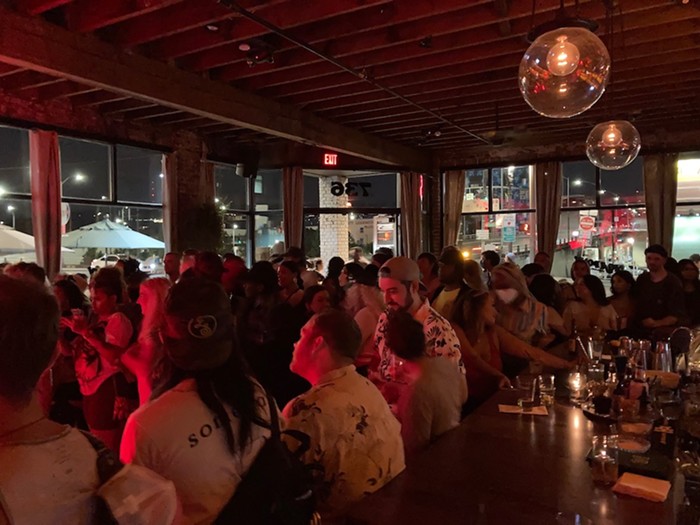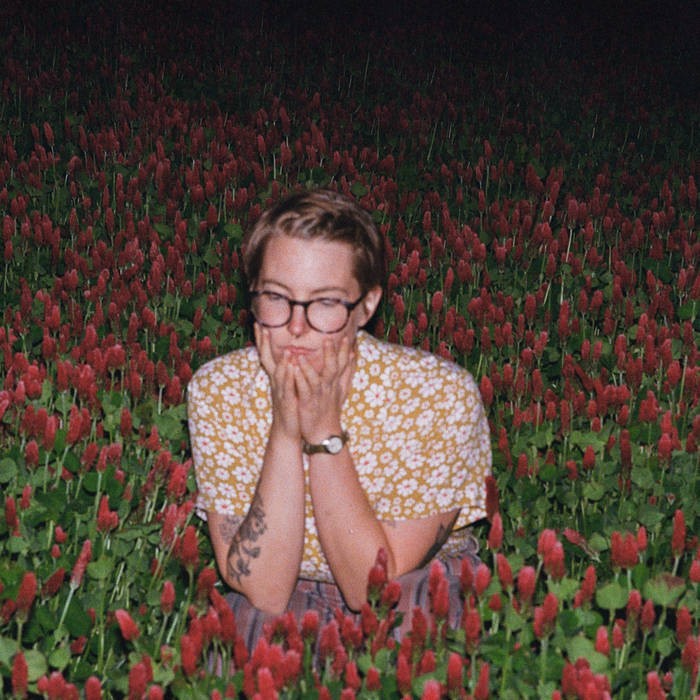MERCURY: Now that you have permission, what has to happen before you can get the station up and running?
FIFE: We have to build it. We have a construction permit and three years to get it up. As soon as it's built and approved (a permitting process), we can broadcast.What will the format of 91.1 be? Who will be in charge of determining programming?
FIFE: The MetroEast board is in charge of making the global decisions. The size of the board is in the process of being increased to add "radio" people to the board. It is my hope, and has been since day one, that programming be DJ-driven, with new original music of all styles as the focus, with clear emphasis on the local and regional, as well as touring artists not already represented on commercial radio.
In what ways will 91.1 be different from other community-oriented and-run stations, such as KBOO?
BRADING: The primary difference may be in format. The new station will be a music station while KBOO is more eclectic in its programming and includes much more news and information than the new station will.
Will the public have a role in determining exactly what the nascent station is going to be?
FIFE: Personally speaking, I would say yes, with certain qualifications. Again, the goal from my perspective since day one has been to highlight and support the great diversity of music that is underrepresented in our community on radio. That community should be well represented at the table, and we hope it will be and want it to, though the details are not worked out yet.

















